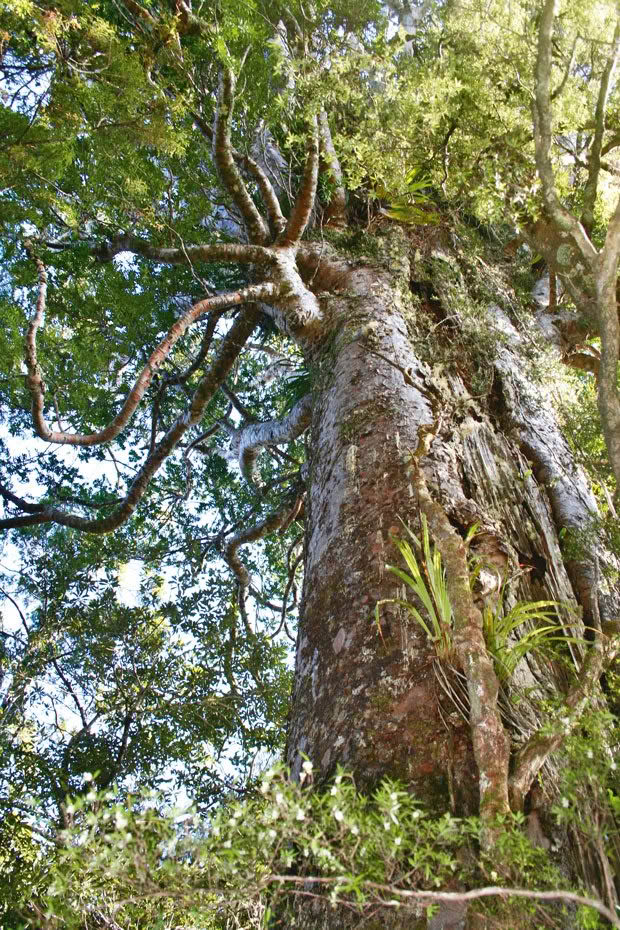Polly Greeks’ Blog: Love thy neighbour
Tensions with a neighbour force Polly to learn lessons from the land.
The adage to “love thy neighbour” surely wouldn’t exist if the act were consistently effortless. The fact the instruction’s been around for at least two millennia is proof that sometimes it’s incredibly hard to rub along with whoever’s over the back fence, or boundary, or border.
Recently we had issues with somebody living near to us. It involved land. We tried to feel empathy and listen to our dissenter’s reasoning, but sometimes James and I have found that if someone gets too offensive, the best thing to do is employ a technique called the ‘shot glass’. This involves mentally shrinking the objectionable person to the size of a thumb before popping a heavy shot glass over them. The visualization ends satisfyingly with them mouthing inaudible fury and beating tiny fists against their thick-walled cell while you get on with more important things.
At 4am on a stormy morning, I was forced to engage the shot glass against our antagonist when a bout of fretting and indignation saw me sleepless. As I lay awake pondering what lessons could be gleaned from the on-going boundary unpleasantness, I suddenly thought of earlier residents in our valley.
According to Rob, a Ngāpuhi friend who knows all sorts of pre-colonial history about our locale, legendary Māori fighter Hongi Hika and his warriors used our valley as a place of rest and recuperation between battles with fellow Māori back in the early 1800s. To the sound of rain drumming the rooftop, I imagined the Ngāpuhi people gathering in our valley, and the sense of injustice and indignation fueled by their desire to fight. A plot of earth offers the means for survival, but it is way more than that. Your place on the planet determines your cultural identity. Take a people’s land away and all sorts of other rights, freedoms and jurisdictions disappear too.
The Māori call our place in the world our turangawaewae, literally turanga (standing place) and waewae (feet). It’s where we belong.
For indigenous populations especially, I imagine ancestral lines serve like ties, bonding people even more profoundly to their home on the Earth.

Our valley has become my turangawaewae. James and I have only been here for seven years, but we’ve put down roots in this patch of Far Northern forest and woven our history into the landscape, so it now holds our story. The longer we stay in a place, the deeper the relationship grows. And the more we live with the land; the greater comes the understanding that we are just a part of its existence, at best its kaitiaki or caretakers.
It was still dark. Up the valley, the sou’wester storm was singing its faraway roar through the trees. My mind turned to Palestinians, Syrians, the Rohingya, Libyans, Sudanese and all the other populations of refugees dispossessed or currently fleeing their homelands. How insubstantial their footing must feel now they drift in an ocean of politics, bureaucracy, racist fear and religious intolerance. Has humanity advanced so little in the challenge of loving thy neighbour?
It was growing lighter. Dawn was percolating through the shadows and outside the window, the bush was manifesting in the rainy light. Lying in bed, a sleeping child pressed into my side, I remembered again, the woman placed under the shot glass.
We draw up lines on a map. We criss-cross the earth with divisions; bind the planet with boundaries and invest so much energy in defending them while nature (when unobstructed) just gets on with doing its thing. The rain falls, trees grow, the wind blows. It’s impersonal. It’s real. In so many ways, it’s what matters.
“Come back to the land,” I told myself as my mind spun again to the wearying woman. In 100 years we’d both be dead, and however brightly we think we’d shone, even our afterglow would have faded. But the trees would keep growing. This land would still be here, still touched by passing weathers. What matters is how well we look after it. If we leave anything at all, it will be the trees that we plant.
Before the children woke and crowded the day with their noisy enthusiasm, I took a moment and released my prisoner from her shot-glass cell. Nothing was resolved and the unpleasantness hadn’t stopped, but even without the visualization of shrinkage, the whole situation seemed somehow small.
 This article first appeared in NZ Life & Leisure Magazine.
This article first appeared in NZ Life & Leisure Magazine.
